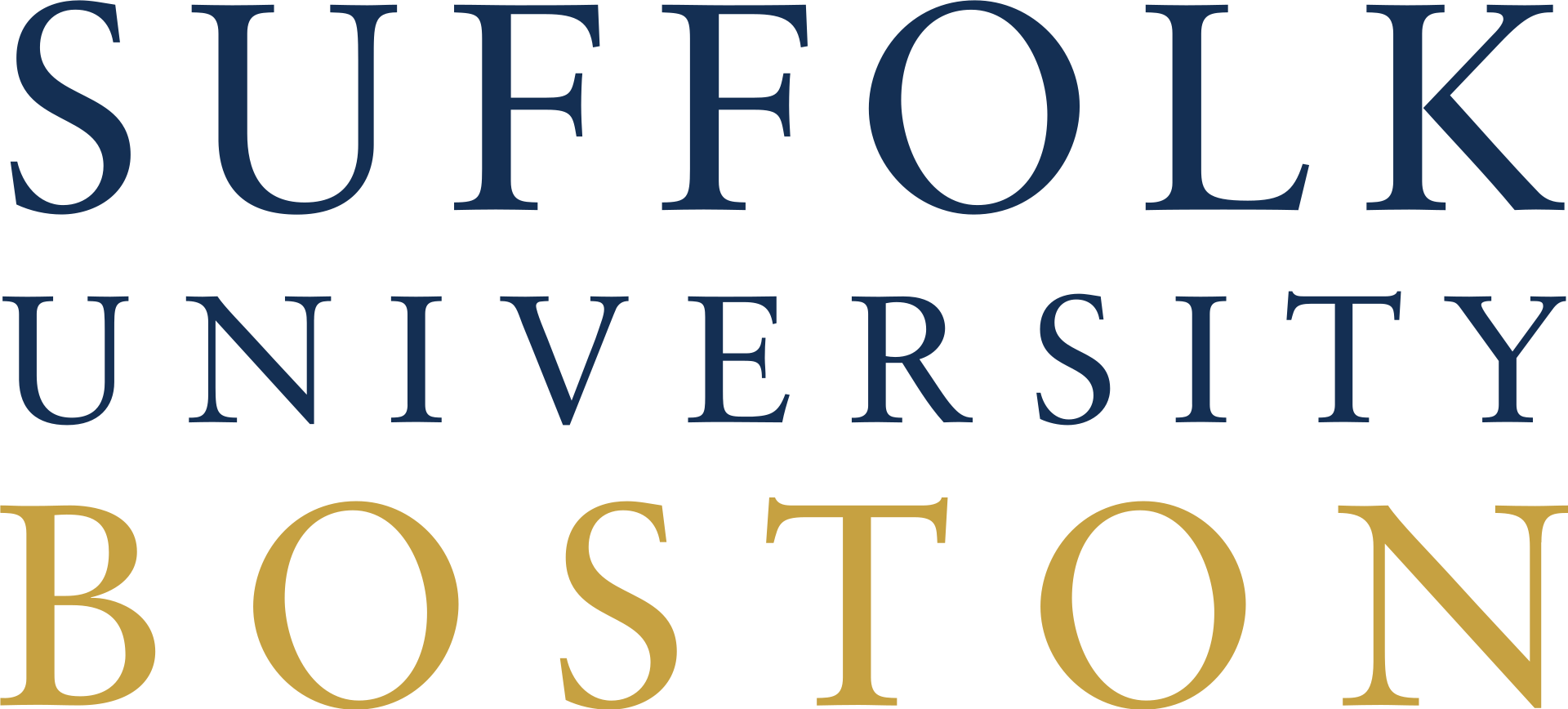Founded in the heart of Boston, Massachusetts in 1906, Suffolk University is a private, nonsectarian university that has expanded over time to encompass a diverse student body and a myriad of academic programs. The institution comprises the College of Arts & Sciences, Sawyer Business School, and Suffolk Law School, serving thousands of students annually with a commitment to practical experience and global exposure. Nestled near historic landmarks, the urban campus facilitates a broad educational reach, with proximity to the city's rich array of internships, cultural events, and professional opportunities.
Suffolk University distinguishes itself through its robust experiential learning opportunities, which intertwine with the city's bustling landscape. Its Sawyer Business School is renowned for the innovative Global MBA program that blends intensive academics with global travel seminars, providing students with firsthand international business experiences. Suffolk Law School, meanwhile, is frequently acclaimed for its legal writing program and trial advocacy courses, equipping students with skills through real-world practice in their nationally recognized clinical programs. Furthermore, the university's Moakley Archive and Institute stands as a testament to its dedication to preserving the intersection of political and social history in Massachusetts.
The university's commitment to fostering a positive impact is evident through its initiatives beyond the classroom walls. Suffolk's partnership with local communities spearheads meaningful projects, including the Center for Community Engagement, which offers various service-learning courses embedding students in community-related work. Additionally, the university boasts a noteworthy record in sustainability efforts, emphasizing green initiatives across campus operations and integrating them into the curriculum. Building upon its prime location, Suffolk University has cultivated strong relationships with Boston's professional landscape, resulting in high internship placement rates and a robust alumni network spanning various industries.
Despite its many strengths, Suffolk University faces some challenges, most notably regarding the cost of tuition. As with many private institutions, the financial barrier can be a concern for potential students, which thereby impacts accessibility and diversity within the student body. Also, the limitations of an urban campus mean that Suffolk students may lack the conventional "college campus" amenities, such as extensive athletic facilities and wide-open green spaces, which some students might prefer. These challenges require ongoing efforts from the university to balance the provision of robust educational offerings with affordability and campus experience enhancements.



